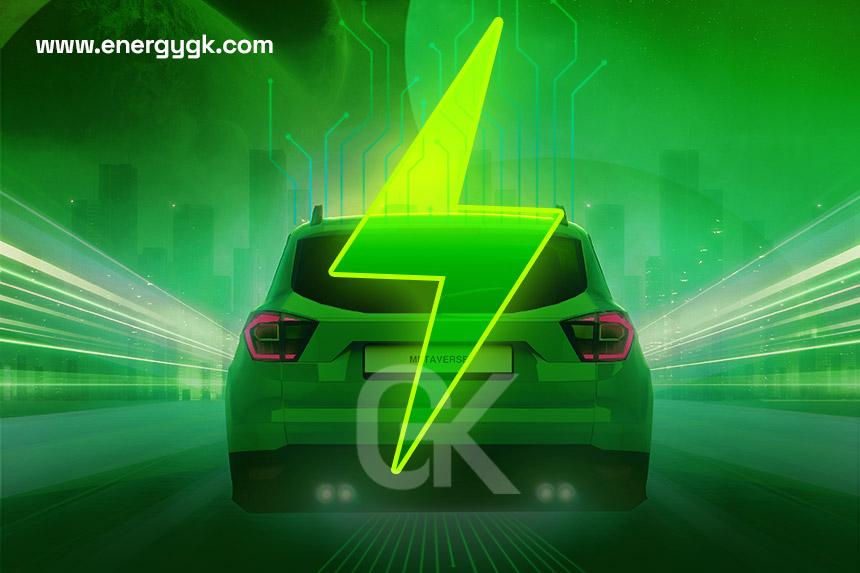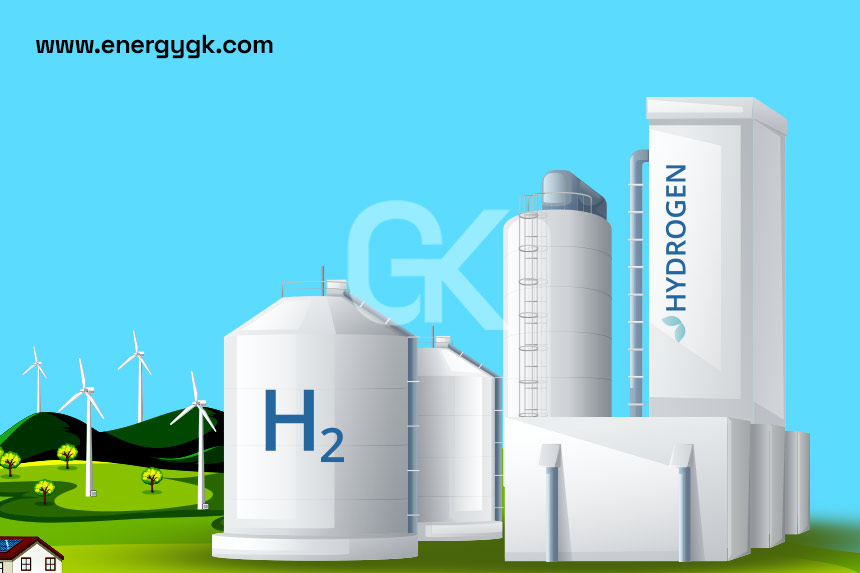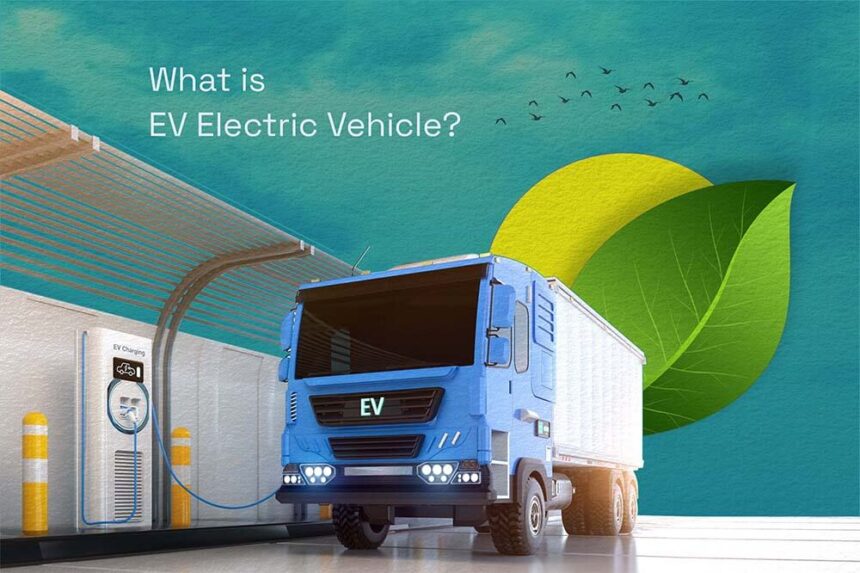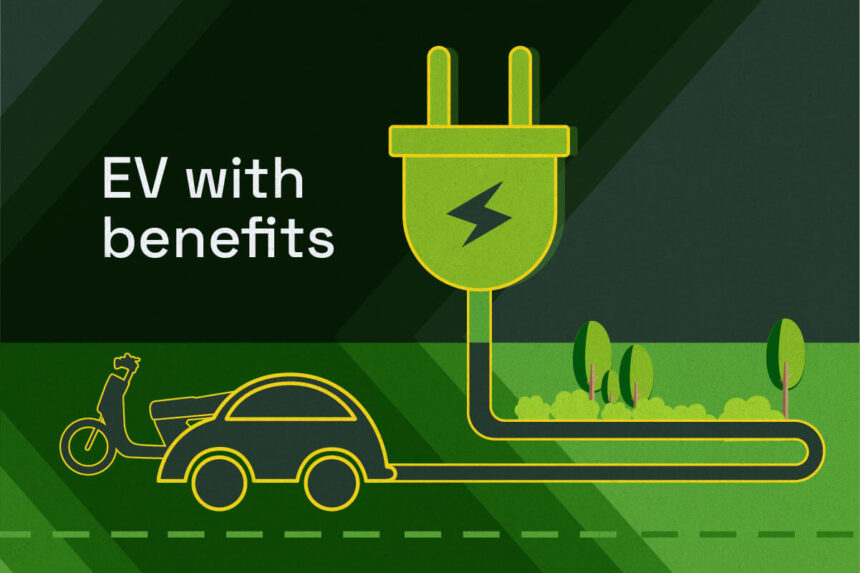Electric vehicles (EVs) have gained significant attention in recent years as a promising solution to reduce the environmental impact of transportation. As the world faces the challenges of climate change and pollution, EVs offer a pathway to a greener future. This article will explore the environmental benefits of electric vehicles, advancements in technology, government support, economic implications, challenges and solutions, the integration of EVs with renewable energy, and the future outlook for electric vehicles.
I. Introduction
The introduction sets the stage by providing a brief definition of electric vehicles and highlighting the importance of transitioning to greener transportation. The need to reduce greenhouse gas emissions and address air pollution is emphasized.
II. Environmental Benefits of Electric Vehicles
This section explores the environmental benefits of electric vehicles. It discusses how EVs contribute to reduced greenhouse gas emissions, as they produce zero tailpipe emissions. The importance of reducing air pollution and the role of EVs in achieving cleaner air is highlighted. Furthermore, the conservation of natural resources through the use of electric vehicles is emphasized.
III. Advancements in Electric Vehicle Technology
This section focuses on the advancements in electric vehicle technology. It discusses improvements in battery technology, which have led to increased energy storage capacity and improved performance of electric vehicles. The expansion of driving range and the development of faster charging infrastructure are also highlighted.
IV. Government Support for Electric Vehicles
Government support plays a crucial role in the widespread adoption of electric vehicles. This section discusses the various forms of support provided by governments, such as incentives and subsidies for EV purchases, funding for charging infrastructure development, and policy regulations aimed at promoting EV adoption and reducing reliance on fossil fuels.
V. Economic Impact of Electric Vehicles
The economic implications of electric vehicles are explored in this section. It discusses how the shift towards EVs can lead to job creation in the manufacturing, maintenance, and charging infrastructure sectors. The reduced fuel costs associated with electric vehicles are highlighted, along with the potential implications for the electricity grid.
VI. Challenges and Solutions
Despite their numerous benefits, electric vehicles face certain challenges. This section discusses the limited availability of charging infrastructure and the phenomenon of range anxiety among potential EV buyers. It also explores the importance of battery recycling and disposal to minimize environmental impact and ensure the sustainable growth of the electric vehicle industry.
VII. Electric Vehicles and Renewable Energy
This section explores the integration of electric vehicles with renewable energy sources. It discusses the concept of vehicle-to-grid technology, which enables EVs to store and discharge energy back to the grid, contributing to grid stability and the increased utilisation of renewable energy.
VII. Electric Vehicles and Renewable Energy (continued)
This section delves further into the integration of electric vehicles with renewable energy sources. It highlights the synergies between EVs and renewable energy generation, emphasizing how electric vehicles can serve as a means to store excess renewable energy during peak production periods and discharge it back to the grid when demand is high. The benefits of this integration include increased grid stability, reduced reliance on fossil fuels, and the potential for a more sustainable energy system.
VIII. Electric Vehicles in the Future
Looking ahead, this section explores the future prospects of electric vehicles. It discusses anticipated technological advancements, such as improvements in battery technology, faster charging capabilities, and increased energy efficiency. The potential market growth of electric vehicles is also examined, considering factors such as declining costs, consumer preferences, and supportive government policies. Additionally, the role of electric vehicles in the development of smart cities is highlighted, emphasizing their potential to contribute to a more connected and sustainable urban environment.
IX. Conclusion
In conclusion, electric vehicles are paving the way for a greener future. The environmental benefits of EVs, including reduced greenhouse gas emissions, improved air quality, and resource conservation, make them a crucial component of sustainable transportation. Advancements in technology, supported by government initiatives and incentives, are driving the adoption of electric vehicles worldwide. However, challenges such as charging infrastructure limitations and range anxiety need to be addressed. The integration of electric vehicles with renewable energy sources further enhances their environmental impact and promotes a more sustainable energy system. As we look to the future, electric vehicles are poised to play a significant role in transforming transportation and contributing to a greener, cleaner, and more sustainable world.
FAQs (Frequently Asked Questions)
- Are electric vehicles truly better for the environment?
- Yes, electric vehicles produce zero tailpipe emissions, reducing greenhouse gas emissions and improving air quality.
- Can electric vehicles go the same distance as traditional vehicles?
- Modern electric vehicles have significantly increased driving ranges, with some models exceeding 300 miles on a single charge.
- Are there enough charging stations for electric vehicles?
- While charging infrastructure is expanding rapidly, there is still a need for further development to meet the increasing demand for electric vehicles.
- How long does it take to charge an electric vehicle?
- Charging times vary depending on the charging station and the vehicle’s battery capacity. Fast chargers can provide a significant charge in around 30 minutes, while slower charging options may take several hours.
- What happens to the batteries of electric vehicles at the end of their life?
- Battery recycling and disposal are important considerations. Efforts are being made to develop efficient recycling processes and ensure responsible handling of EV batteries to minimize environmental impact.
In conclusion, electric vehicles are revolutionising the transportation industry and leading us towards a greener future. With their environmental benefits, technological advancements, government support, and integration with renewable energy sources, EVs offer a compelling solution to reduce greenhouse gas emissions, improve air quality, and conserve resources. While challenges exist, the growing infrastructure and market for electric vehicles indicate a promising shift towards sustainable transportation. Embracing electric vehicles is not just a trend but a necessary step towards a cleaner and more sustainable future.







